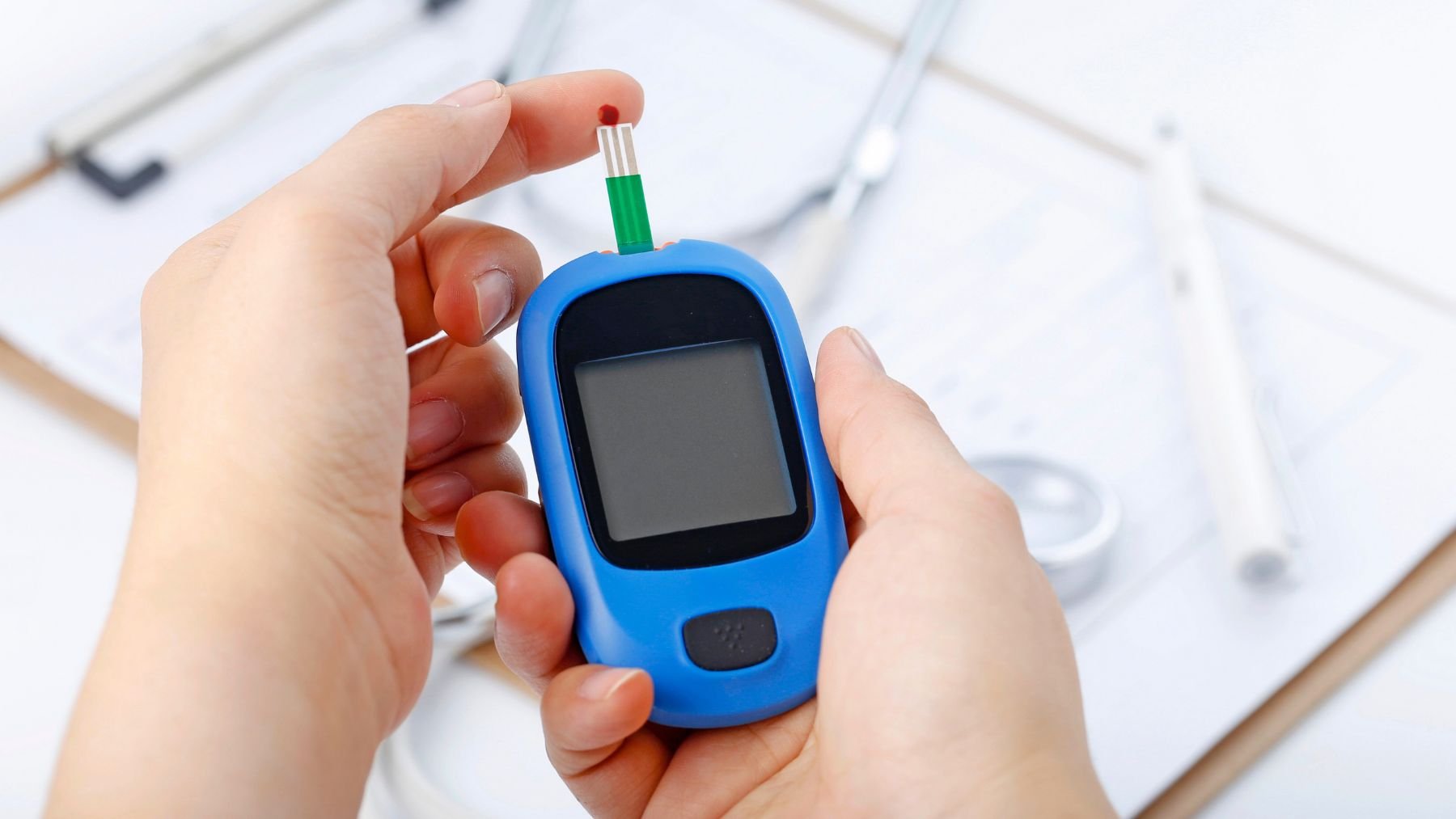Diabetes is one of the most common chronic conditions worldwide, but millions of people living with it don’t know they have it. A new global study reveals that nearly half of adults with diabetes remain undiagnosed, leaving them at risk for serious complications that could be prevented with early detection and treatment.
The research examined data from 204 countries between 2000 and 2023. The study found troubling gaps in diagnosis, treatment, and management, with younger adults most likely to be unaware of their condition. Here, we’ll explore what the researchers uncovered and why experts are calling for urgent changes in how diabetes is identified and managed.
What the study shows about diabetes
The analysis found that in 2023, about 44% of people aged 15 and older with diabetes had not been diagnosed. This means millions are carrying a condition linked to heart disease, kidney failure, nerve damage, and blindness without knowing it. Younger adults were especially at risk, even though living longer with untreated diabetes increases the likelihood of severe complications.
Even among those diagnosed, treatment and management often fell short. While 91% of diagnosed patients were on medication, only 42% reached healthy blood sugar levels. That means just 21% of all people with diabetes worldwide were managing their condition effectively.
The study also revealed wide regional disparities. High-income North America reported the best diagnosis rates, while Central sub-Saharan Africa had the lowest, with fewer than 20% of people aware they had diabetes. Treatment success varied as well: countries in the Asia Pacific region had high rates of treatment, but only parts of Latin America reported strong blood sugar control among patients.
Lead researcher Lauryn Stafford put it bluntly: “By 2050, 1.3 billion people are expected to be living with diabetes, and if nearly half don’t know they have a serious and potentially deadly health condition, it could easily become a silent epidemic“.
The relevance of diabetes awareness
Diabetes can often be managed effectively with the right mix of medication, nutrition, exercise, and glucose monitoring. But without a diagnosis, people miss the chance to make those changes early. The longer high blood sugar goes unchecked, the more damage it does to the body’s organs and systems.
Experts warn that current health systems aren’t catching enough cases, especially in younger populations. Symptoms like fatigue, frequent urination, and increased thirst are often brushed off or attributed to other causes, delaying proper testing. For this reason, researchers stress the need for more widespread screening programs, particularly in low and middle-income countries where diagnosis rates are lowest.
The World Health Organization has already set a target for 80% of people with diabetes to be diagnosed by 2030. Reaching that goal will require expanding access to blood glucose tests, making medications more affordable, and improving education around diabetes risk factors.
If you’re at risk due to family history, weight, or lifestyle factors, ask your doctor about testing. The study highlights that diabetes is rising fast, and too many people don’t know they have it until it’s advanced. Raising awareness, improving access to care, and encouraging proactive screening could help change that trajectory.

